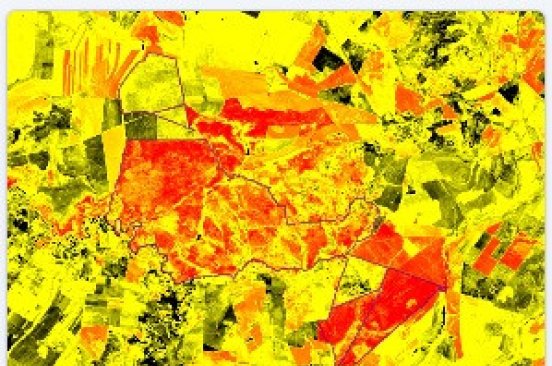
Expanding Technology Access By Designing a Low-Cost Drone
This project’s goal was to model and manufacture a low-cost fixed-wing vehicle while providing a test-bed for students to conduct research using drones.
March 23rd, 2021
Namibia Flying Labs celebrates one of our team members’ graduation, Mr. Michael Nauta, who earned his bachelor's degree in mechanical engineering and is joining the Namibia Flying Labs team full-time! Michael dedicated his final year's research project to designing and manufacturing a low-cost drone. Over the past few years, significant effort has been spent researching and producing drones. This project's primary goal was to model and manufacture a low-cost fixed-wing vehicle while providing a test-bed for Namibia University of Science and Technology (NUST) students to conduct research using drones.
The drone was controlled by a commercially-available flight controller with open-source software, using the cheapest available materials and building techniques, yet still providing a robust design with optimal flight characteristics. The project's specific objectives included 3D CAD modeling, control systems development, flight testing, and data collection. A good understanding of mathematical modeling, control systems theory, and practical hands-on skills is required to achieve this.
The project further modeled this fixed-wing drone in CAD software to test the intended physical construction against the intended objectives and adjust as necessary. The CAD model of the UAV allowed us to test specific properties, such as the center of gravity for various payload designs, material properties, weight, and other limitations we could address ahead of the project's construction phase.
Once the drone design phase was completed, it was time to manufacture it using low-cost materials as informed by the CAD design process. The materials used were locally available at hardware stores to increase repeatability for researchers who would like to take on a similar project.
The autopilot of choice for this project is the ArduPilot Mega (APM). It is an open-source autopilot based on the Arduino microcontroller. It has an accompanying software, Mission Planner, and it is relatively simple to use. A drone's obvious advantage over conventional aircraft is its lack of crew during an operation. This keeps the pilot and crew out of harm's way during potentially dangerous missions and allows for miniaturization of the aircraft by excluding the systems necessary to support and protect a human crew. Drones can also host various sensors and payloads tailored to a given situation or need, making them increasingly popular for humanitarian and commercial use. Providing a cost-effective, locally-produced, and locally-maintained drone will help expand access in our communities.
We look forward to moving this prototype to the next level!
Category(s)
Recent Articles
View All »

AfriGEO 2025: How Senegal Flying Labs is Helping Shape Africa's Geospatial Future
